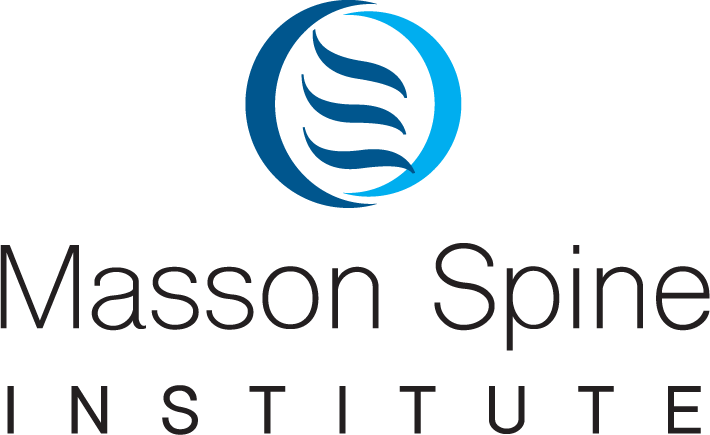
THE BENEFITS OF OPTIMISM ON SURGERY RECOVERY
Optimism is the hopefulness and confidence about the future or successful outcome of something. And while many view optimism as just a state-of-mind, it can actually play a key role in the overall well-being of a person’s health and can even impact the recovery process of a patient who undergoes surgery.
“Choose the positive, the constructive. Optimism is a faith that leads to success.” – Bruce Lee
Optimism is the hopefulness and confidence about the future or successful outcome of something. And while many view optimism as just a state-of-mind, it can actually play a key role in the overall well-being of a person’s health and can even impact the recovery process of a patient who undergoes surgery.
How optimism relates to health
According to Harvard Health Publishing, multiple studies from the U.S. and Europe have shown that optimism helps recover from surgery and helps in coping with disease. Within these studies, research revealed that having a positive outlook early in life can lower the death rate during follow-up periods of surgery and can predict better health. Other studies have directly linked positive thinking and having a positive outlook on a situation to reduced symptoms, reduced pain, and reduced stress levels.
The science behind the connection
The Fear-Avoidance Model, or FAM, is a model that has been used in studies that have helped explain the development of pain and disabilities. FAM suggests that an individual's perception of pain can initiate the development of pain and disabilities by affecting the cycle of fear-avoidance behaviors; if one fears pain or sees it as a threat that contributes to higher pain and reduced function compared to those who views pain as nonthreatening. Using this model, studies were able to compare the health outcomes of those with positive outlooks on pain versus those with a negative view.
Benefits of optimism for surgery recovery
The process of recovering from surgery can be a difficult one. Along with physical preparations, mental preparations are necessary as well. Having a positive outlook on the process of recovery, having confidence in the recovery process and reaching the optimal outcome after recovery allows a patient to stay patient with the process, make better decisions for their health, and trust that the recovery process is not only working but will lead them to their goal of being fully recovered. The benefits of optimism on surgery recovery can be compared to sports. When a team is confident in their skills and stays focused on the ‘win’, it motivates them to perform at their very best so as to reach that final outcome of winning a competition, trophy, or title.
How to be more optimistic about the surgery
Adapting an optimistic mindset can be easier than one thinks. A few ways to help have a more optimistic outlook on surgery recovery include:
- Thinking positive thoughts about the surgery
- Focusing on the outcome
- Having confidence in your surgeon, doctors, and yourself
- Avoid comparing your recovery process with others
- Focus on maintaining a healthy lifestyle
At Masson Spine Institute, when more conservative approaches fail to deliver the desired result, additional intervention in the form of surgery becomes a viable option. Surgery, however, is never the end-all. Properly performed, it can take you from a dead end, a road to nowhere, to a road to somewhere positive. But it’s just the beginning of the new road; it’s not the ultimate destination. There’s a new journey that begins post-surgery and that journey requires commitment to fitness, commitment to movement, commitment to nutrition and commitment to positive energy. The more fully a patient understands and realizes the importance of these personal commitments, the more likely his or her surgery will be a success.




